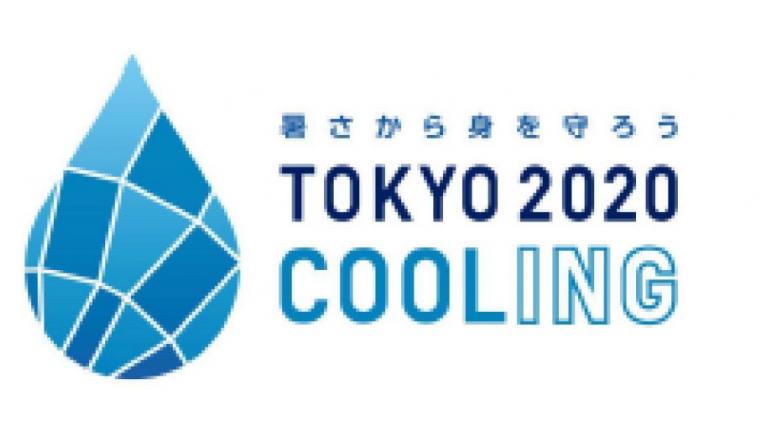Tokyo 2020 publishes overview of heat countermeasures and launches cooling project
especiales

Tokyo 2020 has published an overview of countermeasures being taken to minimise the risk of heat on athletes and spectators at next year’s Olympic and Paralympic Games.
Concerns over heat rose last year after Japan suffered a record heatwave with temperature reaching 41.1 degrees Celsius, raising concerns that similar conditions in 2020 could disrupt the Games.
At least 96 people died of heatstroke across Tokyo's 23 wards last July.
The Olympics in the Japanese capital are due to take place from July 24 to August 6.
The International Olympic Committee (IOC) and Tokyo 2020 have made countermeasures a priority area, with working groups having been established to assess solutions.
A 38-page guide has now been published by Tokyo 2020 which outlines steps they are taking to mitigate the risks posed by potentially high temperatures.
Tokyo 2020 says the aim of these measures is to prepare an environment in and around venues that will allow everyone to remain as cool and hydrated as possible.
The Organising Committee said it has reviewed a wide range of likely scenarios and circumstances to develop their countermeasures.
This includes overseas visitors’ journeys from airports to their hotels, their movements between hotels and venues, and the exposure to heat of those at outdoor venues.
Tokyo 2020 added it would provide a wide range of support to athletes, spectators and staff, with support from local authorities, national government and partner companies.
Among the measures being considered is allowing spectators to bring their own bottled water into venues under certain conditions, which had previously been prevented at past editions of the Olympic Games due to security and sponsorship.

This will include cooperation with the Japan National Tourism Organisation and the Ministry of the Environment, who will help Tokyo 2020 to provide weather forecasts, alerts and information on ways to mitigate heat and treat any resulting symptoms via its official website.
A mobile application which provides relevant up-to-date information and sends alerts directly to users’ devices in multiple languages will be produced.
Information will also be available via printed materials and will be communicated by staff members at venues.
A Tokyo 2020 cooling project has also been launched, with the aim to promote heat countermeasures led by Tokyo 2020 with the support of 13 sponsors.
This will include providing cool spaces and items, which can be sampled to mitigate heat.
Some of the countermeasures will be tested this summer at test events for next year’s Games, with Tokyo 2020 collaborating with the Japanese Government and national and international federations.
A focus will be placed on the test events taking place outside, with beach volleyball, rowing, triathlon, hockey and the marathon test events set to be subject to the trials.
The marathon start times had been the subject of debate, with the IOC and Tokyo 2020 revealing in December that recommendations had been made to help combat potentially high temperatures.
Concerns were particularly raised with regard to marathons, with both the Japan Medical Association and the Tokyo Medical Association calling for start times to be moved to 5.30am.
They argued the decision from the IOC and Tokyo 2020 organisers to move the starts time up 30 minutes to 7am was insufficient and could prove a health risk to spectators and athletes.
Both the men’s and women’s marathons are scheduled to begin at 6am local time.
Rugby sevens matches will halt at noon to avoid the hottest time of the day, while mountain bike events have a 3pm start time.
Both events were the subject of concerns over heat.
Tokyo 2020 chief executive Toshirō Mutō told the IOC Session earlier this week that they would assess the success of the countermeasures following test events over the summer.
Further revisions could then be made by organisers to their existing plans.













Add new comment